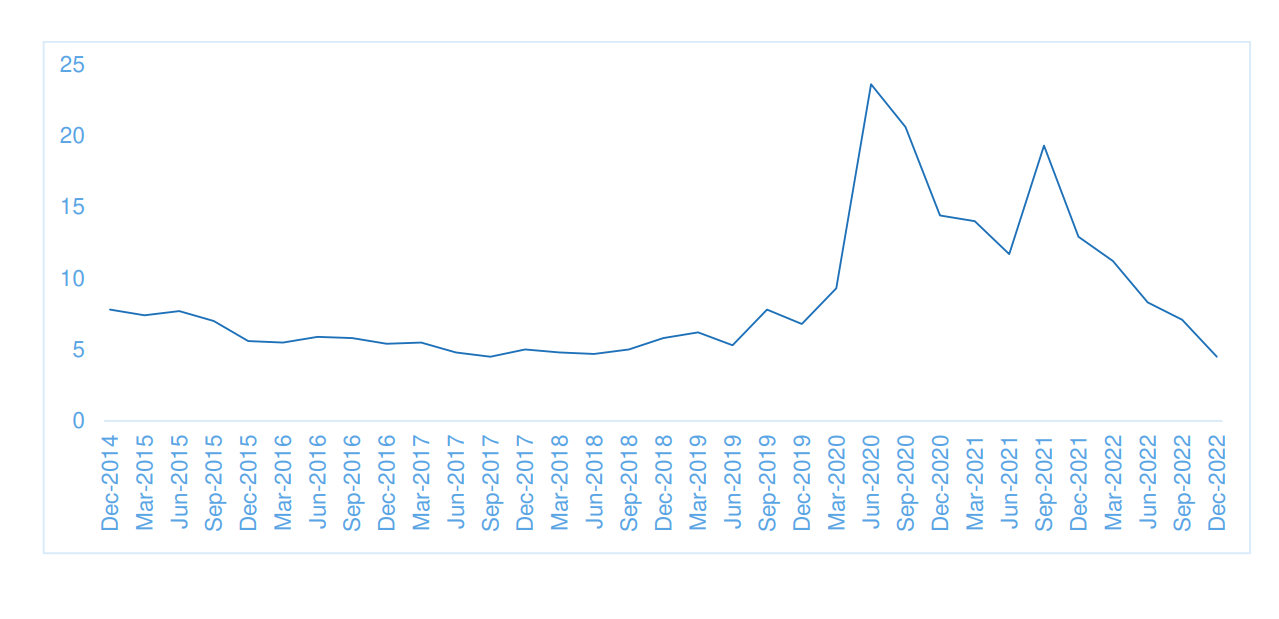AI regulations in global focus as EU approaches regulation deal


Concerns over the potential misuse of AI have prompted the U.S., U.K., China and the G7 to speed up regulation of the technology, but Europe is already ahead.
The surge in generative artificial intelligence (AI) development has prompted governments globally to rush toward regulating the emerging technology. The trend matches the European Union’s efforts to implement the world’s first set of comprehensive rules for AI.
The EU AI Act is recognized as an innovative set of regulations. After several delays, reports indicate that on Dec. 7, negotiators agreed to a set of controls for generative AI tools such as OpenAI’s ChatGPT and Google’s Bard.
Concerns about the potential misuse of the technology have also propelled the United States, the United Kingdom, China and other G7 countries to speed up their work toward regulating AI.






















